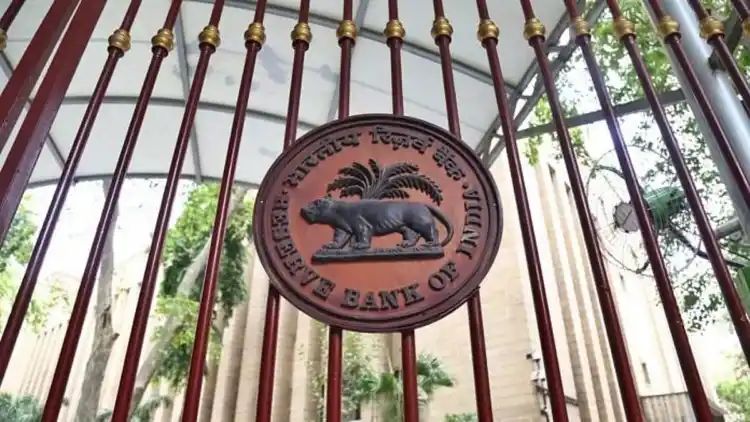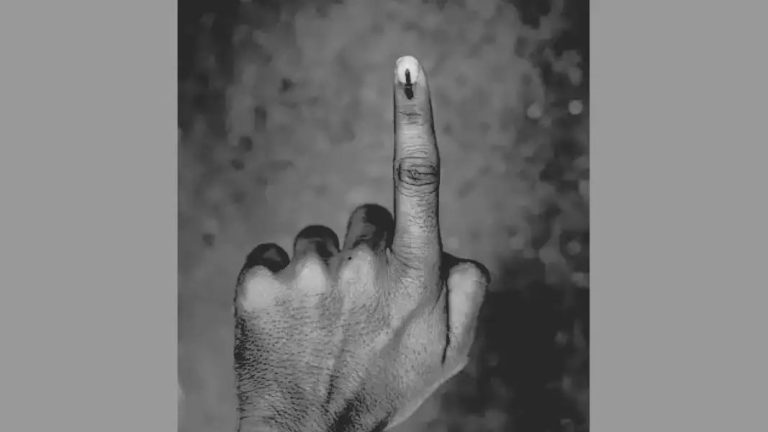Complaints to RBI ombudsman up 68% in FY23, banks biggest cause for customer grievances

The Reserve Bank of India’s Integrated Ombudsman Scheme (RB-IOS) saw a significant 68.2 percent increase in complaints in FY23 compared to the previous financial year , reaching a total of 7.03 lakh grievances.
Banks were the main cause for the customers’ ire, accounting for 83.78 percent of all complaints received by the Office of Reserve Bank of India Ombudsman (ORBIO).
In its first standalone annual report since 2021, the central bank detailed complaints against public, private, and payments banks. Complaints related to mobile/electronic banking topped the list, followed by issues concerning loans, ATM/debit cards, credit cards, pension payments, remittances, and para banking services.
The data showed that large public sector banks received the largest number of complaints in absolute terms. However, they fared better than several private banks when looked at on a complaints-per-branch basis, which is a fairer way of comparing banks of differing sizes.
Non-adherence to the Fair Practices Code was the most common complaint against Non-Banking Financial Corporations (NBFCs). The total number of complaints received against NBFCs in FY23 stood at 33,072.
The RBI attributed the overall surge in complaints to increased public awareness and the simplified complaint filing process. Digital modes, including online portals, email, and Centralised Public Grievance Redress and Monitoring System (CPGRAMS), accounted for 85.64 percent of all complaints received.
Around 57.48 percent of maintainable complaints were resolved through mutual settlement, conciliation, or mediation, while the rest were either rejected, withdrawn, or adjudicated upon. The ORBIOs had a year-end disposal rate of 97.99 percent and an average turnaround Time (TAT) of 33 days.
Maintainable complaints refer to those grievances that are under the ambit of the Ombudsman.
The Integrated Ombudsman Scheme, which was launched in 2021, streamlines the grievance redressal process at the RBI by allowing customers of regulated entities such as banks, NBFCs, payment system participants (PSPs), and credit information companies to register their complaints at a single centralised reference point.
The report also highlighted a rise in complaints from urban, semi-urban, and rural areas, indicating broad demographic engagement with the ombudsman scheme.
In 2022-23, the bulk of complaints at ORBIOs were from metropolitan centres (45.77 percent), followed by urban (24 percent), and semi-urban centres (18.46 percent).
Why RBI, SEBI have cracked whip on JM Financial & what investment bank said in its defence
Public Sector Banks get fewer complaints per branch
Public sector banks received the highest number of complaints, exceeding 1.02 lakh. The State Bank of India (SBI) led with 40,345 complaints, followed by Punjab National Bank with 12,850 and Bank of Baroda with 9,944 complaints. Punjab & Sind Bank had the lowest number of complaints at 552.
Major issues reported by account holders included mobile/electronic banking, account deposits, and ATM/debit card related problems.
Private sector banks received a total of 73,764 complaints, with ICICI Bank, HDFC Bank, and Axis Bank topping the list. Dhanalakshmi Bank had the fewest complaints at 55.
The major concern for account holders at private sector banks was related to credit cards.
However, public sector banks and private banks vary in size, which means a comparison between them might not be fair, since a larger bank with more customers would likely attract a proportionately larger number of complaints.
The RBI’s report also provides data on the number of complaints per branch, which provides a more fair comparison between smaller and larger banks. Here, the data shows that some private banks such as RBL Bank, Kotak Mahindra Bank, and ICICI Bank performed worse than public sector banks.
The RBL Bank received 6.52 complaints per branch 2022-23, Kotak Mahindra Bank received 3.82 complaints per branch, IDFC First received 3.71, and ICICI received 2.87 complaints per branch. In comparison, SBI received 1.61 complaints per branch, the highest among all public sector banks, but still lower than several private banks.
Now-defunct Paytm Payments Bank at receiving end
Payments banks in total received 5,623 complaints in 2022-23, out of which the now-defunct Paytm Payments Bank (PPB) itself accounted for 3,513 or 62.5 percent of the total complaints to payments banks.
Paytm has been embroiled in controversy following the RBI’s directive to halt basic banking services from 16 March.
Founder Vijay Shekhar Sharma resigned from the payments bank’s board on 26 February, with new directors from the banking and bureaucratic sectors replacing him.





